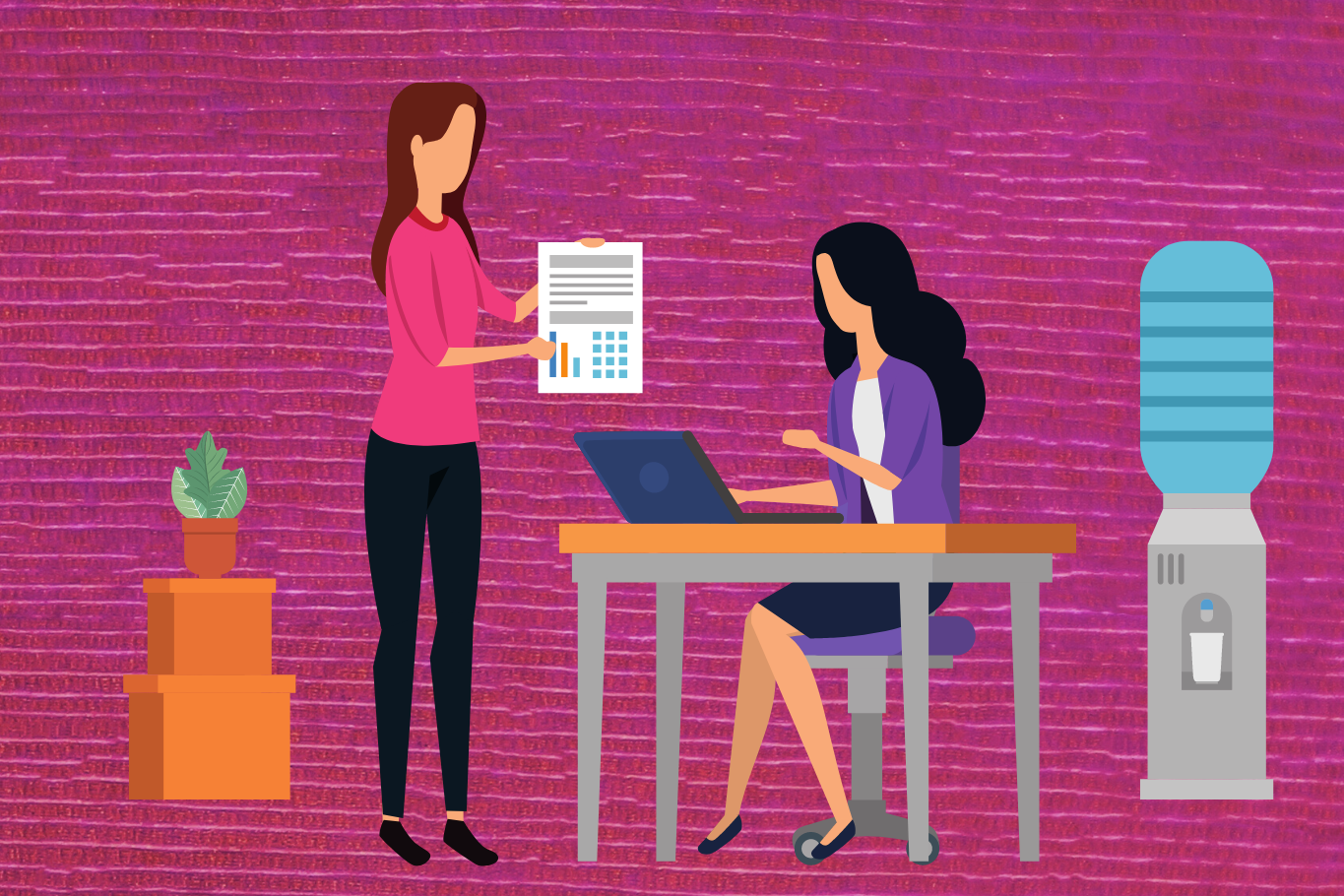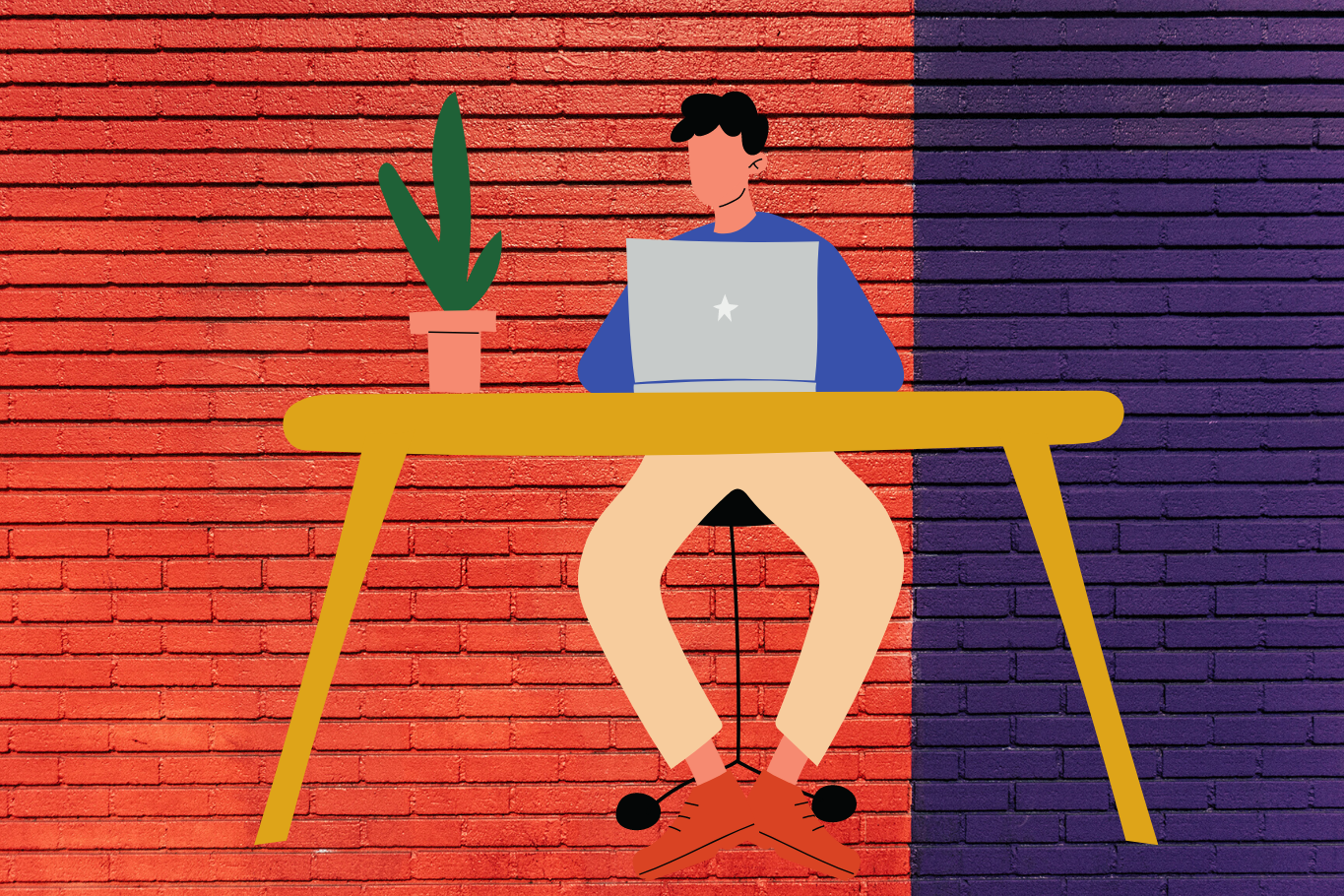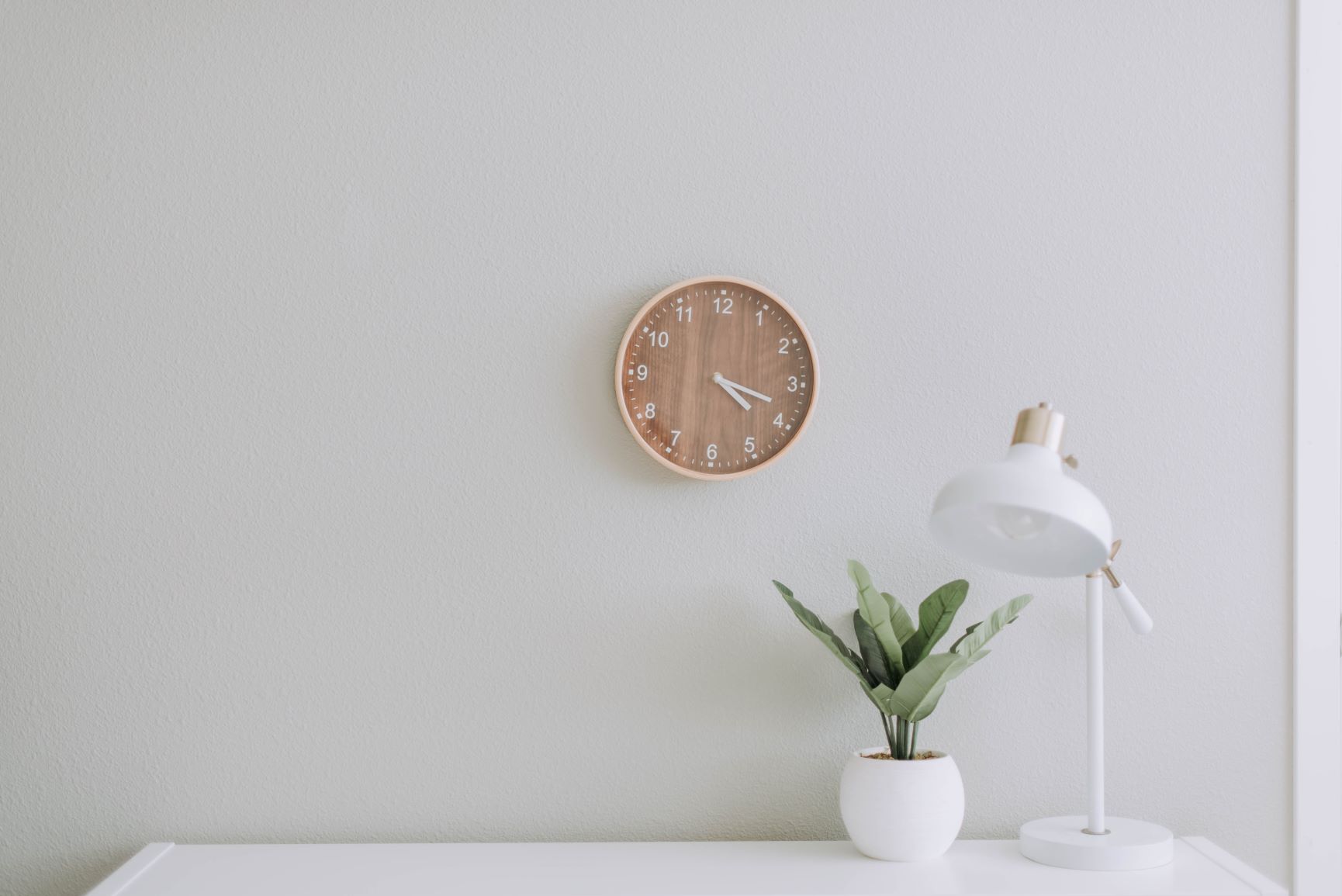How do you feel about returning to work after lockdown? A recent poll carried out by Ipsos MORI saw the majority of people in Britain experiencing varying degrees of anxiety.
Around 35% are nervous about returning to work
33% of us feel uncomfortable about meeting friends and family outside of the household
A colossal 61% of us don’t feel comfortable using public transport.
The report didn’t go into detail around these differing levels of anxiety. But we all know that spending almost a quarter of 2020 year in lockdown doesn’t come without implications. Our lives have taken a pitch shift. Office workers used to long hours commuting and at their desks have experienced remote working that has handed time back to them. And although furlough comes with monetary uncertainty and a potential lack of purpose, it also allowed a few of us the luxury of assessing our lives in a way that may not be possible again until retirement. For others, the lockdown represents nothing but turmoil and alienation. Every one of us has experienced a landscape of emotion, weathered by circumstances we’ve had little to no control over. But before we throw ourselves back into the daily grind, take a moment. Was life before lockdown better or worse? And what positive changes can we carry forward into our lives having faced and survived an unprecedented ordeal?
Make time for yourself
Remember, wellness is a practice for life, not just for uncertain times. Do it during a lunch break. Get it in in the mornings. Or wait until after you get home from work. Whenever you do it, make time for yourself. This routine will ensure that you’re addressing any uncertainties or anxieties that may be hiding under the surface.

Keep a gratitude journal
Fill a break by reminding yourself of the things you’re grateful for. This practice can help centre your focus on the things that matter. Experience joy in the present instead of allowing your mind to dwell on stressors. Studies have shown an array of benefits associated with practising gratitude. These include raising self-esteem, reducing aggression, enhancing empathy, helping you sleep better and increasing mental resilience. You can start journaling on any blank notepad or notebook you already have. If you want to find out more about the benefits of the process, and invest in a structured approach, check out this article by The Strategist. Note: many of these journals can are available from UK sellers. Simply search the full name of your preferred journal to find online stores that deliver to you.
Quick guided meditations
Apps like Calm, The Mindfulness App and Headspace offer short guided meditations that you can enjoy over a pair of headphones. Find somewhere quiet and free of distractions where you can grab some alone time and face the day reinvigorated. If you can’t fit some time for yourself in during the day, meditate when you’ve settled in for bed. Streaming services such as Spotify also host guided meditations such as this one:
Encourage wellness at work
If you’re lucky enough to have stability through employment at this time, that’s one thing to put in your gratitude journal already! A lot of employers are tuning into the burgeoning wellness revolution to ensure that employees feel valued, increasing their productivity, physical and mental health long-term. Speak to your HR department to find out what wellness incentives your company is offering.
“A study by the Harvard Business Review found that for every dollar invested in wellness, companies average a return of $2.71 by way of increased productivity, decreased absenteeism, and reduced healthcare cost.”
SnackNation
Breathe through it
You may not have time to spend meditating, but there will be times when you’re on a conference call, washing up your dishes from lunch or certainly sitting at your desk. These are the moments when you can hone in on your breathing. It may seem insignificant, but your breath is the link between your conscious and subconscious mind. Being able to manipulate your breathing can ensure mental clarity, release anxiety and help you relax. It’s little wonder that people from every background, be it in the military to elite athletes, use breathing as a way to give themselves a mental and physical advantage over stressful situations.
Mind over matter
Who doesn’t know the feeling of having an untidy home and the happy release that comes from tidying, cleaning and seeing the transformation? Our desks are no different. Scientists have found that objects and shapes in our immediate environment vie for our attention and can affect how quickly our brain processes situations. Create a happier and more focused environment at work by adopting daily desk hygiene and decluttering your workspace.

Posture of success
Our bodies aren’t designed to sit at desks all day. That’s why we’re susceptible to disorders like repetitive strain injury, and our poor postures can even affect our breathing. This can lead to feelings of anxiety, stress and sadness. It’s essential to sit up straight in your chair and avoid crossing your legs all day to keep your spine in proper alignment. Never let your feet dangle as this puts more pressure on your back. Every half an hour, put your palms in a prayer pose. Raise your elbows to dip your hands and allow a good stretch in your wrists. For neck pain, push your chin forwards very slowly, then pull your head back slowly to feel a stretch in your lower neck. Here are some other simple posture-correcting exercises you can start using right now.
Exercise
Remote workers, this one should be easier for you! Try and fit 30 minutes of physical activity in every day, whether that’s before you start work, during breaks or after. A mindful walk during the working day can do wonders for defocusing you, allowing you return to your desk with a new perspective on your work. Apps like Fitbit Coach and Nike Training Club also have quick guided sessions for an indoor workout. And if you’ve got a bit more time to spare, check out our events page for remote wellness sessions.
We want to know your stories of returning to work post-lockdown. Are there any techniques, media or articles that you’ve found useful? Whatever your comments or stories are, keep us posted in the comments section below.
A quick note from us…
The content on Me&Me Time is for informational, entertainment and guidance purposes only and is in no way a substitute for professional medical advice.
We are not in any way responsible for the bookings made to participate in any of the recommended events, courses, workshops, virtual memberships, or any other class or service in the recommended events or experts section.
Please see our terms and conditions for more advice on how best to use our site.


